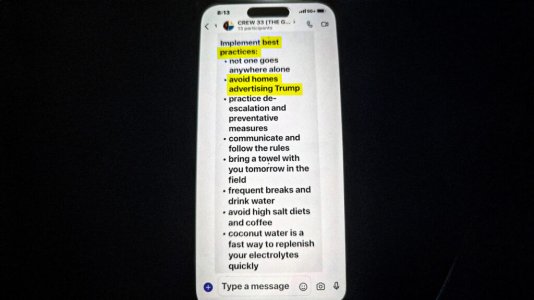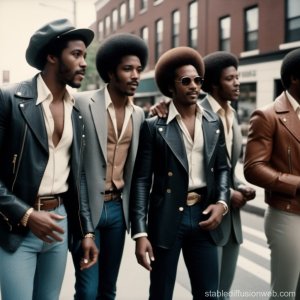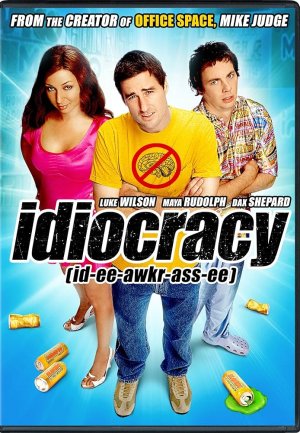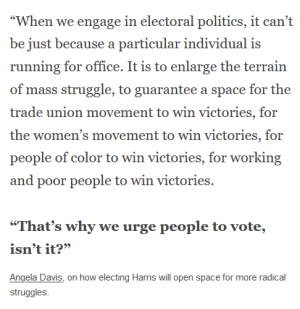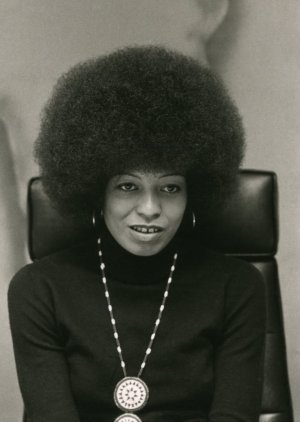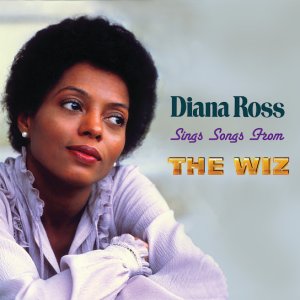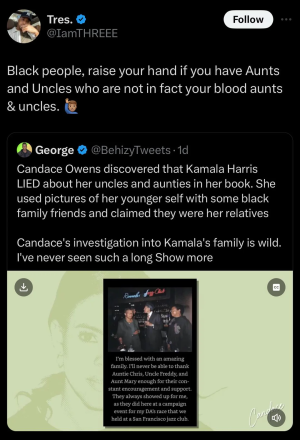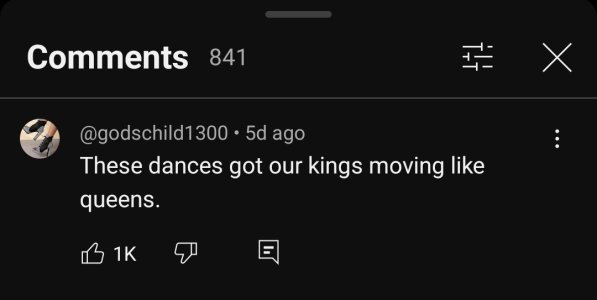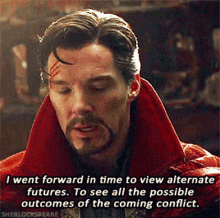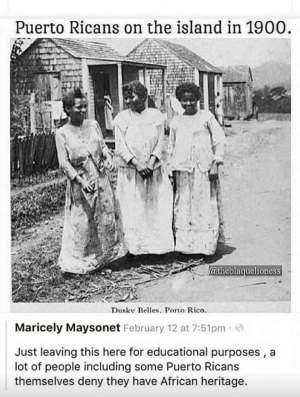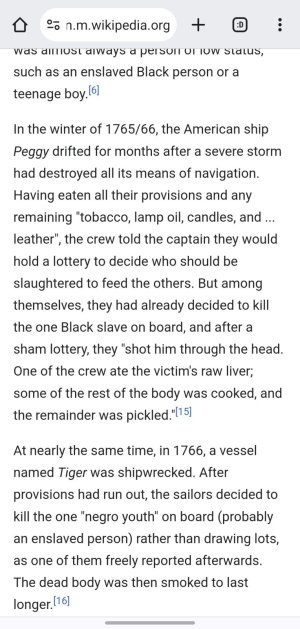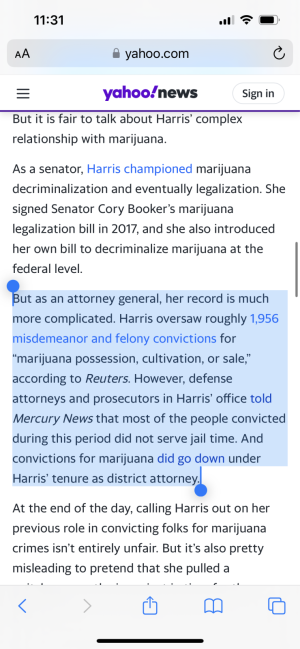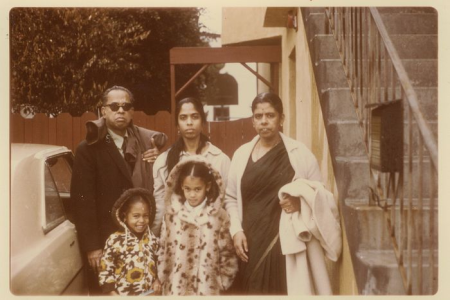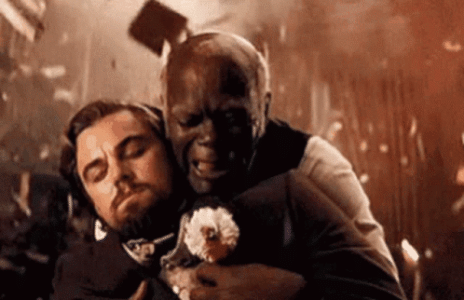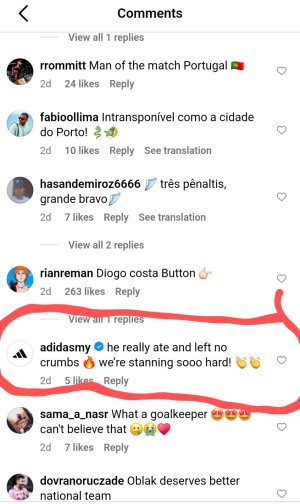With Atlanta Hawks, A Prime Opportunity Opens For Much-Needed Black Ownership in the NBA
Four months later, the Atlanta Hawks’ ownership alliance has decided to sell the team in its entirety and not piecemeal. This step opens the way to accept bids from individuals or groups interested in purchasing the franchise.
About time.
The real issue now is about who takes over this club that is about as viable as any other franchise in the city. That is to say, it’s a mediocre property, in one sense. In another sense, it’s a precious commodity in that there are only 30 teams in the NBA, and owning one is nice for the portfolio.
Thirty teams and one majority Black owner—Michael Jordan. It’s time to increase that number, and the Hawks are the best place to start in the entire league, with its vast population of African-Americans who support the team so much that current majority owner Bruce Levenson revealed in emails his discontent with the lack of white people at home games. Seriously. This is the state of the team: Black people support a slightly above average product and the majority owner has a problem with it. Whatever happened to “the only color that matters is green” in business?
Apparently, to Levenson, green means more when it comes from whites and not Blacks, and that’s why he needs to be run out of Atlanta on the next Megabus.
The people responsible for accepting and approving bids should give special consideration to minorities in general, Blacks in particular. It would stand to reason that Black ownership would appreciate those who support a team that has been mediocre at best over the last two decades. A diversity specialist has been hired by the team, which is a decent start to addressing a big problem.
Still, the ocean-wide gap of white men owning teams made up of mostly Black players has to be bridged, starting in Atlanta.
And there are plenty of viable candidates, too. Dominique Wilkins, the team’s Hall of Famer who is the one tangible reminder of the successful years of the mid-1980s, surely is part of a group that will make a strong big.
Wilkins has never received the respect he deserved from the organization. When he was a vice president, he was among the lowest paid in the NBA. When he was available to work out and share his knowledge with players, coaches mindlessly rebuffed the idea. Now he serves as a color analyst, probably to stay connected to the team.
A Hawks owner would be an ideal scenario, however late, for Wilkins to take his proper place within the franchise.
There also has been talk about Chris Webber working with a group to purchase the team and entertainers who will join or create a group to make bids.
And there is a young businessman from Washington, DC, Darryl K. Washington, owner of DKW Communications, an IT company that has a gross annual backlog of more than $200 million in the past several years.
Washington maintains a home in Atlanta and was in the hunt for the Washington Wizards when they went up for sale a few years ago. He’s the kind of young, fresh mind that would

Darryl K. Washington
be committed to winning and creating a diverse working environment, an element desperately needed for a team where the majority owner sent out a racist email about too much Black involvement at games and the general manager (Danny Ferry) called a player of African descent (Luol Deng) a “liar and a cheat” because of his heritage.
The Hawks are valued at about $425 million, according to
Forbes magazine’s estimates from a year ago. The owners decided to go with Levenson and sell their portions of the team, no doubt a result of the Los Angeles Clippers being (over)sold for $2 billion after Donald Sterling was forced to sell his team following release of phone recordings of racist rants against Black people.
The Hawks are not worth that much. But they merit ownership that represents the city, not the typical NBA ownership that represents a lack of diversity that has to be changed.

 This isn't the Magic we're talking about.
This isn't the Magic we're talking about.





